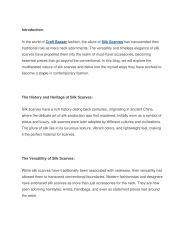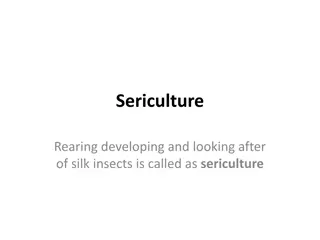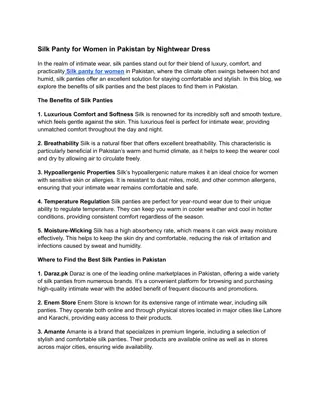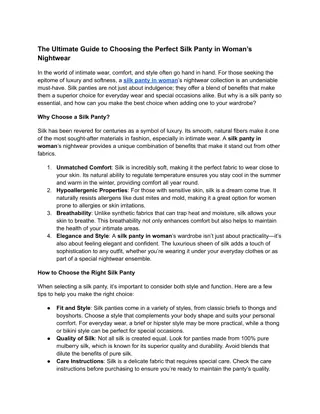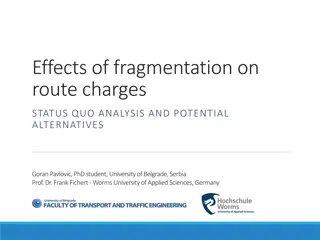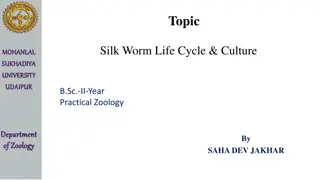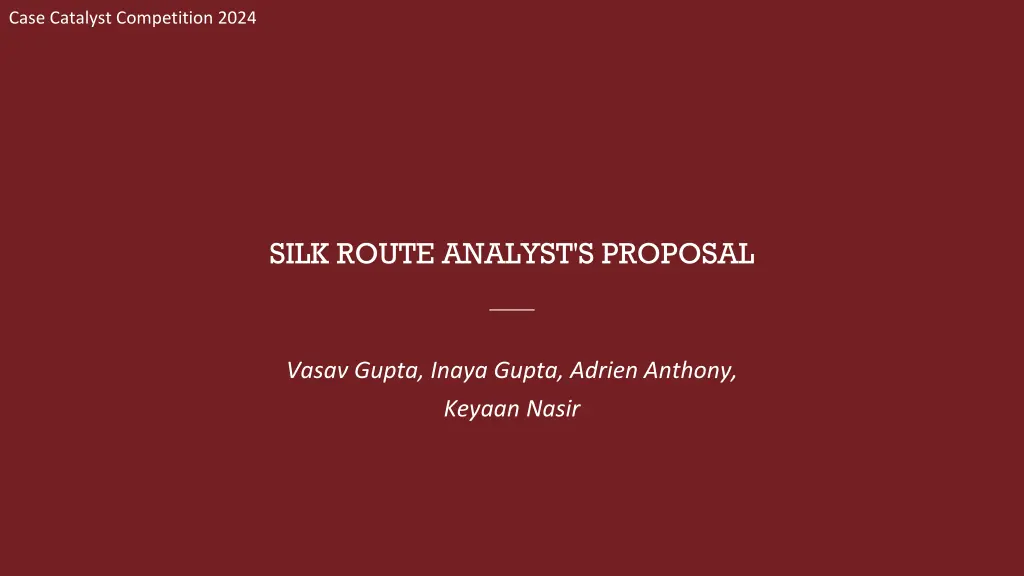
Kapsule Healthcare Expansion Strategy Insights
"Explore Kapsule's growth strategy focusing on Indonesia as a key market, leveraging Red Ocean Strategy for regional expansion in healthcare. Discover the 12-year plan for market entry, regional presence, and international recognition."
Download Presentation

Please find below an Image/Link to download the presentation.
The content on the website is provided AS IS for your information and personal use only. It may not be sold, licensed, or shared on other websites without obtaining consent from the author. If you encounter any issues during the download, it is possible that the publisher has removed the file from their server.
You are allowed to download the files provided on this website for personal or commercial use, subject to the condition that they are used lawfully. All files are the property of their respective owners.
The content on the website is provided AS IS for your information and personal use only. It may not be sold, licensed, or shared on other websites without obtaining consent from the author.
E N D
Presentation Transcript
Case Catalyst Competition 2024 SILK ROUTE ANALYST'S PROPOSAL Vasav Gupta, Inaya Gupta, Adrien Anthony, Keyaan Nasir
OVERVIEW OF KAPSULE Team Kapsule bridges a very important gap in healthcare business by bringing in critical data from varied sources and helps concerned organizations in taking more informed decisions. Founded in 2018, Kapsule focuses on providing clean, actionable insights by aggregating healthcare data from various sources, such as hospitals, insurers, and electronic medical records (EMR). Their goal is to make healthcare more affordable, accessible, and advanced for underserved populations such as Africa while helping global healthcare organizations navigate emerging markets. Kapsule s platform addresses these issues by collecting and standardizing diverse data streams into a proprietary format. This enables accurate decision-making for forecasting drug needs, conducting clinical trials, and improving patient outcomes In the past, Kapsule s tools have helped identify clinical trial sites for diseases like malaria and sickle cell anemia, directly accelerating research and access to treatments. We believe that Kapsule's growth strategy should prioritize Indonesia as a launchpad By focusing on Indonesia as a launchpad, Kapsule can develop a strong foundation in a challenging yet high-potential market. Success in Indonesia will build credibility, providing a proven framework for expansion in the asian continent and other emerging markets worldwide. Now, let's look into the strategic approach we feel is appropriate for Kapsule to expand as a company.
EXECUTIVE STRATEGY We believe that the RED OCEAN STRATEGY works best with Kapsule and its goals of expansion in the near future. In the red oceans, industry boundaries are defined and accepted, and the competitive rules of the game are known. Red ocean strategy is when companies try to outperform their rivals without necessarily modifying the present product offerings to grab a greater share of existing demand. This type of growth strategy works best looking at the ambition and the strengths (strong product offering) of the company. As we choose this path of expansion, we believe that Kapsule's growth strategy should prioritize Indonesia, leveraging its vast healthcare market, rising digital transformation, and strategic regional position. Simultaneously, Kapsule can adopt a regional expansion plan targeting neighboring ASEAN markets. A Red Ocean Strategy will enable Kapsule to enter competitive markets, positioning itself effectively against established players. Following is the 12- Year plan we believe suits best in brief, explained thoroughly in the report:- Year 1: Market Entry in Indonesia Establish partnerships with public hospitals and government agencies. Year 2-3: Regional Presence in Indonesia These 2 years will be focused entirely on retaining big-time clients and generating steady income. These years will be focused on becoming profitable in the Indonesian Region and building a larger organization within the same. Year 3-5: Regional Presence in ASEAN Expand to at least 1 neighboring ASEAN country, like Sri Lanka, Malaysia etc. These are countries with common characteristics as Indonesia, which are emerging markets for the same Year 5-12: Expansion to Larger Markets and Recognition under international eyes. The next 7 years of our strategy aim for long term expansion in which we will make our entrance into countries a bit farther away like Thailand, Phillipines, Burma etc. And towards the end of the final years of the plan we will aim to expand into countries even farther away like Australia and India, penetrating bigger markets.
Insight Into India, Indonesia and Brazil India India Indonesia Indonesia Brazil Brazil Market Cap for Health- Tech $13.8 Billion $2.30 Billion $3.17 Billion CAGR of Market (%) 15.76 % 9.70 % 9.25 % Market Demand Demand rapidly increasing due to factors such as improved internet access, smartphone penetration, and favorable government policies promoting digital healthcare. After Covid-19, not only are there many pharmaceutical startups within Indonesia that require Lab-Testing Sites, they also require data which they are not able to collect, therefore opening a chance for Kapsule. factors like a growing middle class, rising healthcare costs, aging population, and an increasing focus on improving healthcare quality and accessibility leads to growing healthcare sector. The market demand for Kapsule in Brazil Brazil is strong 35% for Foreign Corporations (Additional 5% if annual profits exceed $1.3 Millon) 22% (After applied exemptions: 11%) Standard is 15 % (Additional 10% if annual profits profit exceed $ 240,000 Corporate Income Tax (%) Government Regulations Require Approval from Central Drugs Standard Control Organization Must establish a PT PMA to generate income Registration with the Brazilian Federal Revenue Service , brazil has a General Data Protection Law General Data Protection Law , approval from Brazilian Health Regulatory Agency Company regestration-1 to 4 weeks Registering with Local Authorities-1 to 2 months Healthcare and Technology Approvals-1 to 6 months Time Taken for Required Approvals 1.5 Months with required renewal 2-3 Weeks Curemertix , Inzpera HealthTech Halodoc,Alodokter Neemu,Pixeon Competitors The table above displays comparison across India, Indonesia, and Brazil and highlights varying market potentials and regulatory landscapes for the health-tech sector. India offers the largest market cap at $13.8 billion with a high CAGR of 15.76%, driven by internet access, smartphone penetration, and supportive government policies, though it has the highest corporate tax rate and longer approval times. Indonesia, with a $2.30 billion market cap and a 9.70% CAGR, presents opportunities post-COVID-19, offering faster regulatory processes but requiring the establishment of local entities. Brazil, with a $3.17 billion market cap and a 9.25% CAGR, benefits from growing healthcare demand and middle-class expansion, though it faces longer registration processes and a moderately higher tax for large profits. Each country has competitive players like Curemetrix in India, Halodoc in Indonesia, and Neemu in Brazil, reflecting diverse regional opportunities and challenges for health-tech expansion.
AFTER DEEP ANALYSIS OF ALL FACTORS, WE PROPOSE THE EXPANSION INTO INDONESIA And the following slides outline our decision
PROS FOR ENTERING INDONESIA Some of the many reason why we think INDONESIA is the country that Kapsule should first expand into are as follows:- 1. Tax Benefits Taxation plays a pivotal role in investment considerations. Considering that Kapsule remains a private limited corporation, the standard corporate tax rate is set to remain at 22% of total income. However, Indonesia has various policies and tax incentives out of which many may be relevant to Kapsule, The first is that of a tax or investment incentive where a company is allowed to reduce its taxable net income by up to 30% of its investment in tangible fixed assets. 2. Government Support Indonesia s government has adopted a pro-business stance, introducing policies to create a more favorable environment for foreign direct investment (FDI)
3. Working Towards the Goal Healthcare provision in Indonesia has traditionally been fragmented, with private insurance being provided for those who can afford it alongside basic public coverage for the most impoverished in society and NGOs working in specialized areas providing services to those not covered by public or private schemes. However, the accuracy and quality of data provided to these healthcare providers is very poor, allowing Kapsule s team to work further towards their overall cause. 4. Geographical Location of Indonesia The image below depicts the geographical benefits of Indonesia as a location to expand for Kapsule. The countries circled in red: Malaysia, Singapore, Papua New Guinea, Sri Lanka, depict the direct targets which Kapsule may chose to expand to in the next 3-5 years as they are very close to the Indonesian Region, and fit the overall needs of small-scale expansion. Next, the countries in the yellow depict the ASEAN Countriesthat may serve as a secondary target which Kapsule may want to expand to in the next 7-10 years: Philippines, Thailand, Laos, Burma, Taiwan, Bangladesh, Myanmar. Lastly, the countries outlined in green- India and Australia are the major hubs for all businesses which Kapsule may want to expand to in the long-term (12-15 years), once the organization has established an international name, started to generate large profits, and maybe even become public limited. This won t be emphasized on any further unless requested by Daniel as we believe we should first focused on expansion to Indonesia.
CONS FOR ENTERING INDONESIA While there are multiple crucial pros to be taken into consideration while expanding Kapsule into Indonesia, we must also keep in mind the cons or problems we may face as we take this huge step:- 1.Fragmented Healthcare System Indonesia's healthcare system is highly fragmented, with a mix of public and private providers operating on separate platforms and standards. Many healthcare facilities, particularly in rural areas, still rely on manual systems or outdated technologies, which may complicate integration with existing EMR (electronic medical records) and ERP (enterprise resource planning systems. Solution:- To tackle this issue we can use the: Modular and Scalable Integration Approach, where the strategy clause would be threefold:- (1) Develop a modular platform with pre-built connectors that can easily integrate with various EMR and ERP systems used by Indonesian healthcare providers. (2) adopt common international data standards such as HL7, FHIR, and open EHR to improve compatibility with existing systems and facilitate smoother data exchanges. (3) Offer professional services to help healthcare providers customize and integrate Kapsule's platform. 2. Regulatory and Compliance Hurdles The Indonesian healthcare sector is subject to a complex and evolving regulatory environment, particularly in terms of data protection, privacy laws, and healthcare policies. These regulations may require Kapsule to adjust its platform to comply with local requirements, including patient privacy and data sovereignty laws. Solution:- To tackle this issue we could implement the method of: Proactive Regulatory Compliance and Local Partnerships:- (1)Work with local legal and regulatory experts who are familiar with Indonesia s healthcare data protection, privacy laws, and specific regional regulations helping the company by guiding it through the rules and regulations that have to be kept in mind. (2)To comply with Indonesia s data sovereignty regulations, Kapsule could establish partnerships with local data centers to store patient data within the country.
(3)Ensure that Kapsules platform has built-in data security measures such as encryption, audit trails, and access controls to comply with privacy laws and regulations like Indonesia's Personal Data Protection Law (PDP Law). (4) Regularly review updates to Indonesian healthcare regulations and data protection laws to ensure ongoing compliance. Kapsule could also participate in industry forums or groups that discuss legal developments to stay informed. 3. Corruption Indonesia's business environment suffers from widespread corruption. The efficiency of business operations is restricted by a corrupt judiciary, complicating the process of dispute settlement and weakening property rights protections.Corruption at the borders is cited by companies as a problem, and public officials often exploit ambiguous legislation to extort informal payments and bribes from companies in the process of registering a business, filing tax reports or obtaining permits and licenses. Corruption is also rampant in the natural resources sector owing to weak oversight.A weak institutional framework and widespread corruption limit the implementation of corruption-related legislation in Indonesia. Solution:- The government plays a huge rule in fighting against corruption like the implementation of:- The Law on Eradication of Criminal Acts of Corruption criminalizes the major acts of corruption, including active and passive bribery, abuse of office and extortion. Giving or accepting a bribe is a criminal act punishable by a fine of up to USD 110,000 and imprisonment of up to 20 years. We too on the other hand can work with the government in a few ways i. By developing strong, transparent relationships with regulatory bodies, local authorities, and key government officials in its sector. By demonstrating a commitment to ethical business practices, kapsule might gain better protection and support in dealing with corruption. ii. Kapsule can leverage international frameworks such as the Foreign Corrupt Practices Act (FCPA) or the UK Bribery Act, which prohibit bribery and corruption.
CONCLUSION Kapsule's strength is its established product offering and they should look at scaling their business by simply replicating what has worked for them in the past in very similar markets. Indonesia is a great market which has similar challenges to African countries and hence Kapsule has to make very little modifications to its business approach to be successful in this new geography. Our teams' recommendations are based on the critical factors like existing product offering, demographics and population, tax structure, current health care infra and current government initiatives. All of the above factors rate Indonesia very high as compared to other countries for making it the next best geography for Kapsule to move into. Our strategy is thought for long into the future and it ensures steady and good increment in revenue per year which is highly suitable for Kapsule. We hope for successful partnership with Kapsule and ensure that we will match the ambition and drive Kapsule has had till now and work toward making this company the best in the medical data sector.



